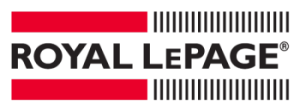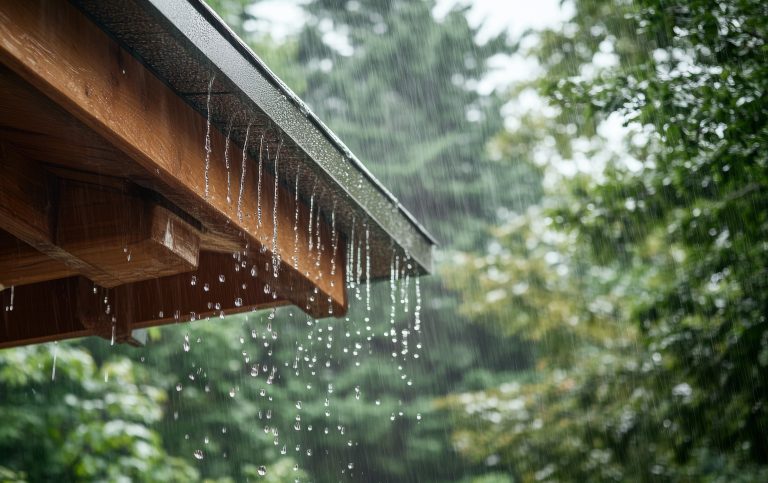
With warmer weather on the way, Canadians will soon be able to once again enjoy weekends on the water and warm summer nights relaxing by the fire pit. In the lead up to prime time in the country’s recreational housing markets, many potential buyers are expected to make a move on purchasing that lakeside cabin or family cottage this year, increasing competition for tight supply and pushing property prices up.
According to the recently-released Royal LePage® 2024 Spring Recreational Property Report, the median price of a single-family home in Canada’s recreational regions is forecast1 to increase 5.0% in 2024 to $678,930, compared to 2023, as a boost in consumer confidence will bring sidelined buyers back to the market.
“Across the nation there was a sizable rise in demand for all types of housing during the pandemic, but nothing could match the ‘gold rush fever’ that occurred in recreational property markets,” said Phil Soper, president and CEO, Royal LePage. “With city offices closed and the wide availability of high-speed internet allowing people to take video meetings on lakefronts and mountain tops, excess demand pushed recreational property prices to unprecedented heights.
“Inflation reared its ugly head, interest rates soared and the economic downturn that followed pushed cottage, cabin and chalet prices off those pandemic peaks, yet the fundamental demand for recreational living has not abated. We believe that this market segment will see a resurgence of activity in 2024,” continued Soper.
In 2023, the weighted median2 price of a single-family home in Canada’s recreational property regions decreased 1.0% year over year to $646,600. This follows a year-over-year price increase of 11.7% in 2022. When broken out by housing type, the weighted median price of a single-family waterfront property decreased 7.9% year over year to $1,075,500 in 2023, and the weighted median price of a standard condominium decreased 1.5% to $420,300 during the same period.
Drop to interest rates could heat up buyer activity
According to a survey of 150 Royal LePage recreational real estate market professionals across the country,3 41% of respondents reported less inventory compared to the same time last year; 33% of respondents said that their region has similar levels of inventory. However, 64% reported similar or more demand from buyers for recreational homes. This sustained and growing demand for a limited number of available properties is expected to put upward price pressure on Canada’s recreational market.
Sixty-two per cent of experts said they believe demand will increase slightly in their region when interest rate cuts are made, while 21% expect demand will increase significantly.
“Recreational property purchases are not as heavily impacted by mortgage rates as those in the residential market. That said, consumer confidence in general will get a boost when we see a cut to the Bank of Canada’s key lending rate, expected later this year. This lift in activity will put upward pressure on prices. And, if this coincides with an influx of inventory, we should see a boost in sales as well,” concluded Soper.
Highlights from the release:
- All of Canada’s provincial recreational markets expected to see an increase in single-family home prices in 2024, with Ontario forecast to see the highest level of price appreciation at 8.0%
- Condominiums in Atlantic Canada’s recreational property market recorded the highest provincial year-over-year weighted median price appreciation in 2023, rising 16.9%
- Despite a modest decrease over the past year, the national weighted median single-family home price in Canada’s recreational real estate market remains 59% above 2019 levels
1Royal LePage’s national and provincial forecasts are weighted medians based on a weighted model using sales in each region. Methodology is consistent with previous reports, which used the label ‘aggregate’.
2Royal LePage’s national and provincial weighted median home prices are based on a weighted model using sales in each region. Methodology is consistent with previous reports, which used the label ‘aggregate’.
3A national online survey of 150 brokers and sales representatives serving buyers and sellers in Canada’s recreational property regions was conducted between February 24, 2024, and March 12, 2024.







